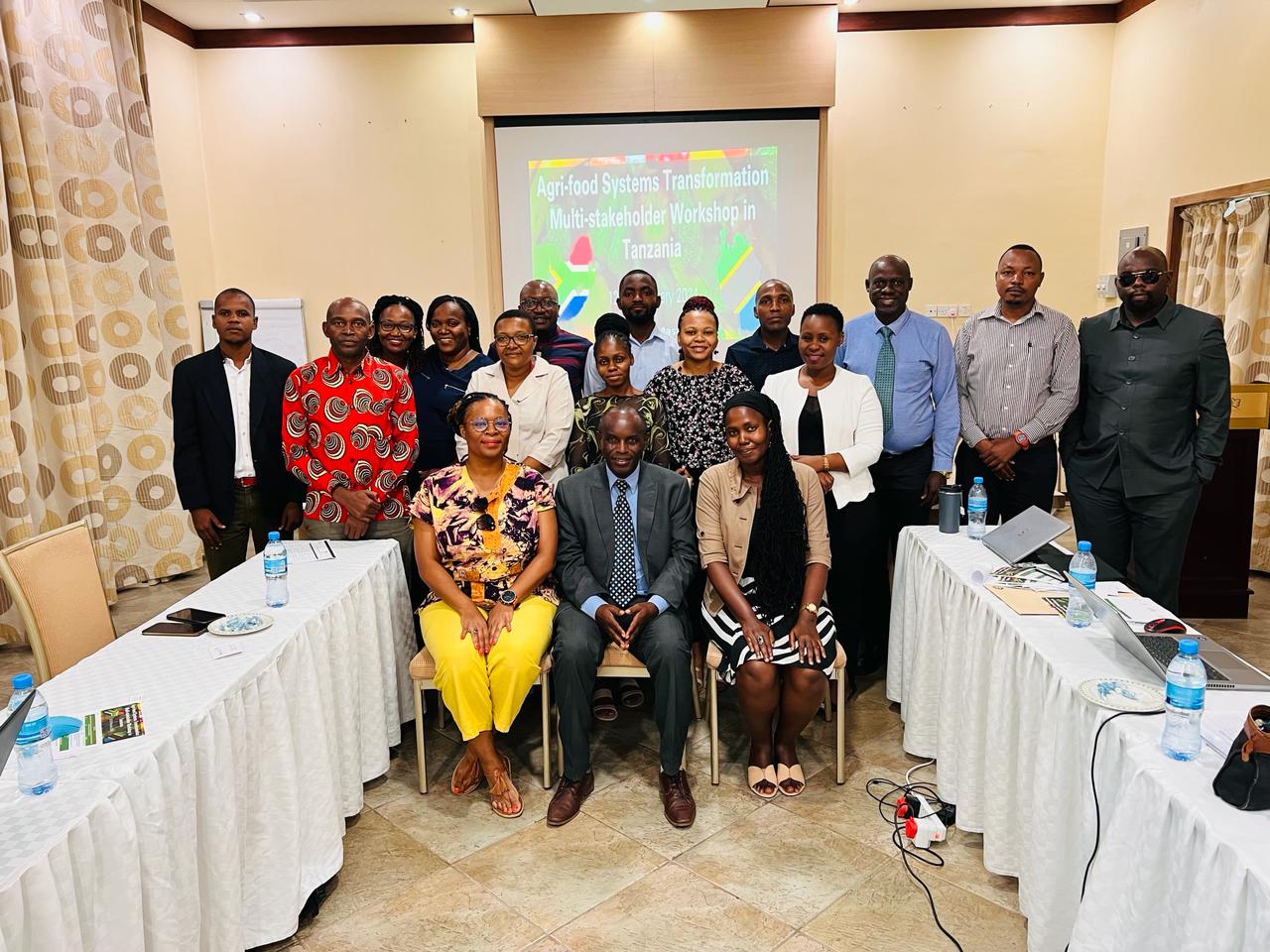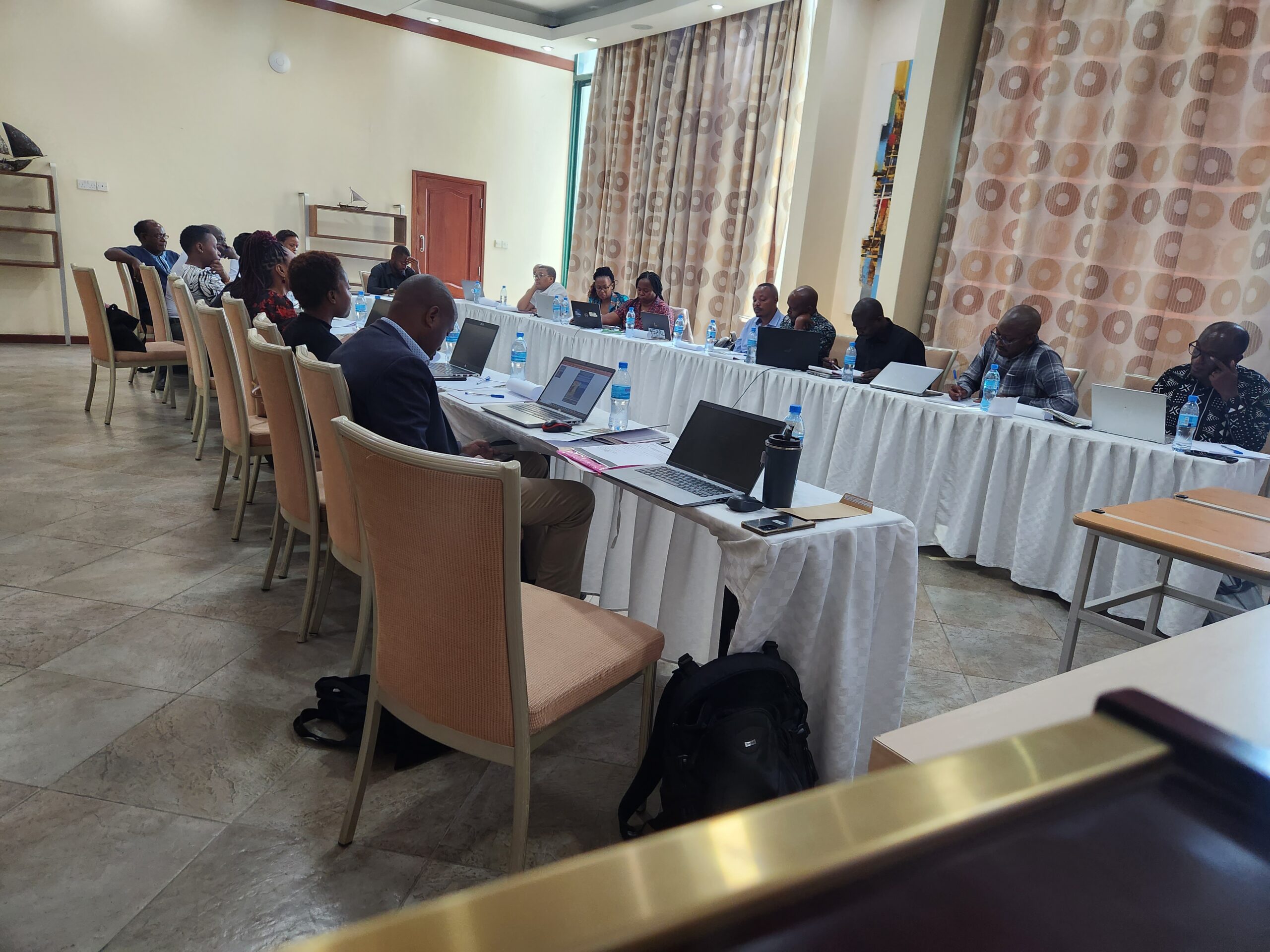Africa Food Systems Transformation “Leave No One Behind”
• Africa Food Systems Transformation “Leave No One Behind”CONVENING COMMUNITY OF PRACTICE
Africa Institute of South Africa (AISA) in the Human Sciences Research Council (HSRC) is convening the community of practice (CoP) initiative on Africa’s food systems transformation – Leave no one behind, to ensure that no one is left behind in the efforts to transform food systems in Africa. This initiative provides a space for stakeholders to come together, share knowledge and best practices, and collaborate on solutions to address the challenges facing food systems in the region. Some of the members in this CoP initiative include the Food, Agriculture, and Natural Resources Policy Analysis Network (FANRPAN), the National Agricultural Marketing Council (NAMC), the South African Council for Natural Scientific Professions (SACNASP), Tshwane University of Technology (TUT), Agricultural Consultative Forum (Zambia), Mzumbe University (Tanzania), Sustainable Development Goals office in Zambia, and African Farmers’ Association of South Africa (AFASA). These members encompass diverse stakeholders such as government, academia, research, civil society and private sector, all important in transforming food systems. By convening this platform, we intend to create more inclusive and sustainable food systems that benefit everyone on the African Continent. The initiative seeks to achieve the following four (4) goals:
Provide a platform for knowledge sharing and learning: This CoP brings together various stakeholders, including farmers, researchers, policymakers, and development practitioners, to share experiences, best practices, and innovative solutions to transform Africa’s food systems. This collective learning can accelerate the adoption of sustainable farming practices, improve food security, and reduce poverty.
Promotes collaboration and partnership: This CoP aims to foster partnerships between different stakeholders, facilitating the pooling resources and expertise to address common challenges. This can lead to more effective and efficient solutions.
Gives a voice to marginalized groups: The “Leave no one behind” aspect of this CoP ensures that the needs and perspectives of the most vulnerable and marginalized groups, such as smallholder farmers, women, and youth, are taken into account in the transformation of Africa’s food systems. This can contribute to more equitable and inclusive development.
Influence policy and practice: This CoP aims to generate evidence-based knowledge and insights to inform policy and practice. This can lead to more supportive policies and effective interventions for food systems transformation.


FOR FURTHER ENQUIRIES PLEASE CONTACT
Dr Rodney Managa
Email add: RManaga@hsrc.ac.za
